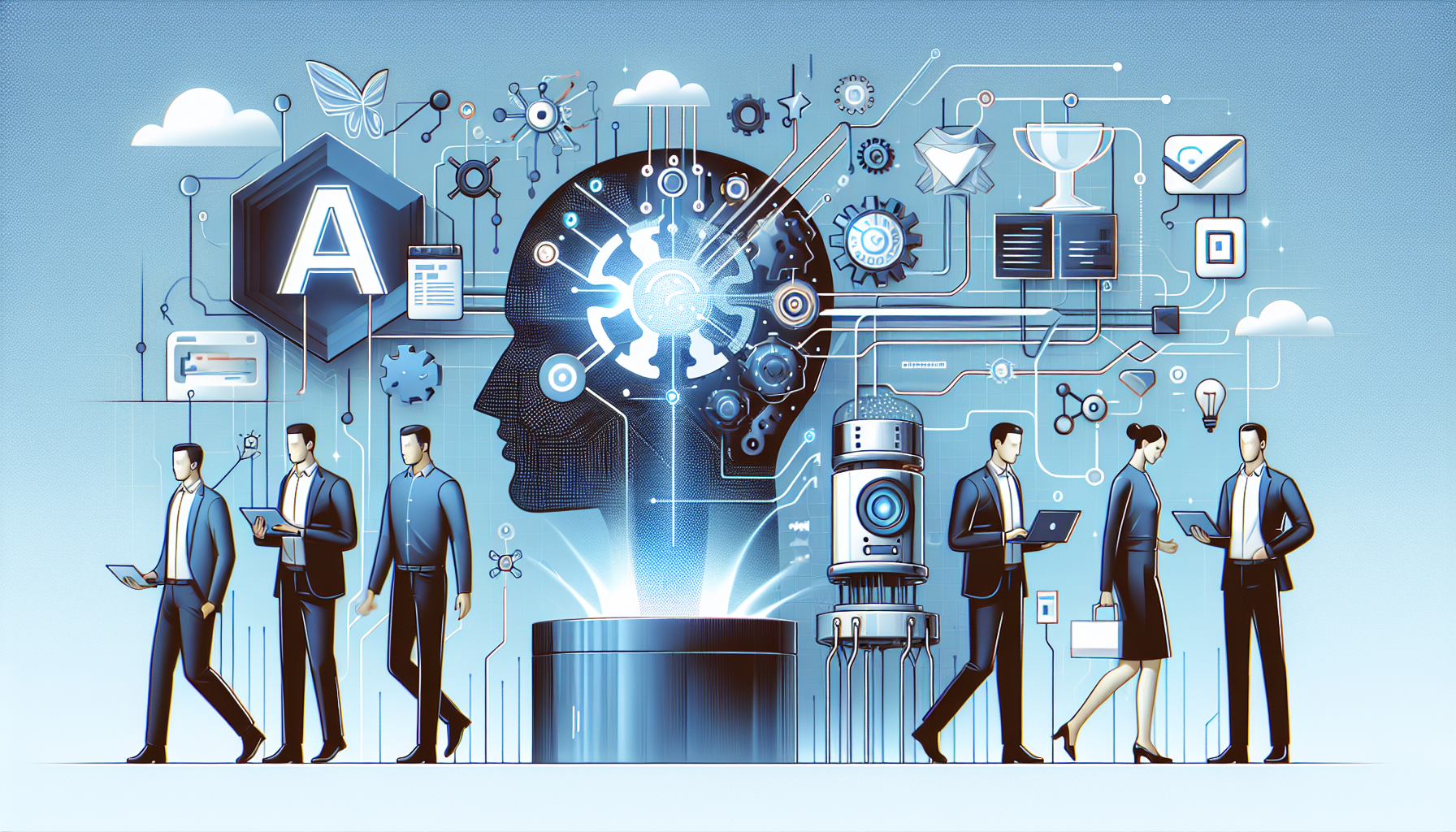Demystifying GPT Models: Leveraging Advanced AI for Business Innovation
GPT (Generative Pre-trained Transformer) models, particularly those developed by OpenAI, are at the forefront of artificial intelligence, driving a new era of business innovation. In 2025, these models are transforming how organizations operate, make decisions, and interact with customers.
Unraveling the Mystique of GPT Models
What Are GPT Models?
GPT models are advanced AI systems trained to understand and generate human-like text and, more recently, multimodal content (text, images, code, etc.). Their core strength lies in handling natural language processing (NLP) tasks—ranging from conversation and summarization to content creation and code generation—with unprecedented accuracy and scalability.
Key Features of Modern GPT Models
GPT models have evolved significantly, and their latest iterations boast impressive features that make them highly suitable for business applications.
Multimodal Capabilities and Beyond
- Multimodal Capabilities: Recent iterations, like GPT-4.5, combine text, image, and code processing, enabling richer interactions and broader automation.
- Structured Outputs & Function Calling: GPT models now support structured data outputs and can trigger external functions, making them highly integrable into business workflows.
- Real-Time Streaming & System Messages: Enhanced streaming allows for faster, more interactive user experiences, while system prompts enable tailored responses and workflows.
- Scalability & Cost Efficiency: Versions like GPT-4-turbo offer lower latency and better pricing, making them accessible for business-scale deployment.
Unlocking Business Potential with GPT Models
Organizations across industries are integrating GPT models to unlock new efficiencies and capabilities.
Key Business Applications
- Customer Support & Communication: Chatbots powered by GPT models deliver instant, context-aware customer service, reducing response times and improving satisfaction. Automated Customer Service Examples with Case Studies
- Content Generation & Summarization: Tools like ChatGPT and Microsoft Copilot assist in writing, summarizing, and managing knowledge, streamlining content-heavy operations.
- CRM & Workflow Automation: Platforms such as Salesforce Einstein and UiPath RPA use GPT models to automate sales, customer interactions, and backend operations, driving productivity.
- Predictive Analytics & Decision Support: Solutions like Google Vertex AI and IBM Watsonx leverage GPT’s NLP to enhance business intelligence, enabling data-driven decision-making.
- Marketing & Creative Design: DALL·E Business Suite, integrated with GPT, automates the creation of marketing visuals and copy, accelerating campaign development and brand communication.
Why GPT Models Matter for Business Innovation
GPT models offer numerous benefits that make them an attractive choice for businesses looking to innovate and stay ahead of the competition.
Rapid Prototyping and Customization
- Rapid Prototyping: Businesses can deploy sophisticated AI applications without building models from scratch, reducing time-to-market and cost.
- Customization: Open-source models and APIs allow for tailored solutions, fitting unique business needs.
Improved Accuracy and Competitive Edge
- Improved Accuracy: GPT-4 and successors often outperform custom-built machine learning models on many tasks, ensuring reliable automation and insights.
- Competitive Edge: Early adopters of GPT-powered solutions gain significant advantages in efficiency, personalization, and customer engagement.
Industry Leaders Embracing GPT Models
- Adobe, Airtable, Figma, Quora: These companies have incorporated GPT models into their platforms, offering smarter features and enhanced user experiences.
- Salesforce, Microsoft, Google, IBM: Leading enterprise software providers now embed GPT-driven AI to automate CRM, productivity, and analytics tasks.
Conclusion
GPT models are no longer experimental—they are core drivers of business transformation in 2025. By embracing these tools, companies can automate complex tasks, enhance decision-making, and create more engaging products and services, ultimately positioning themselves at the forefront of digital innovation.

